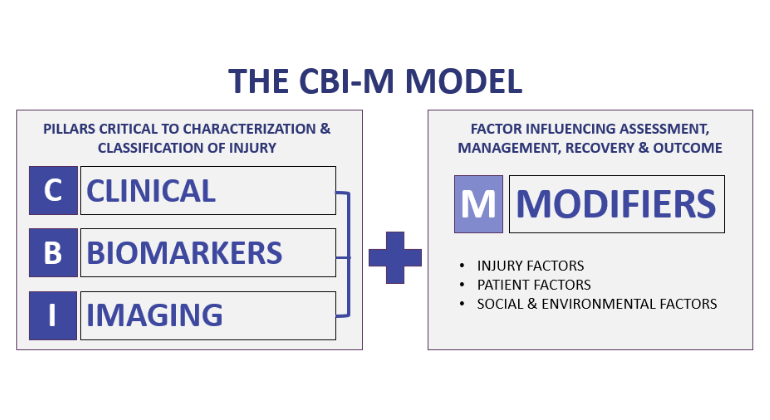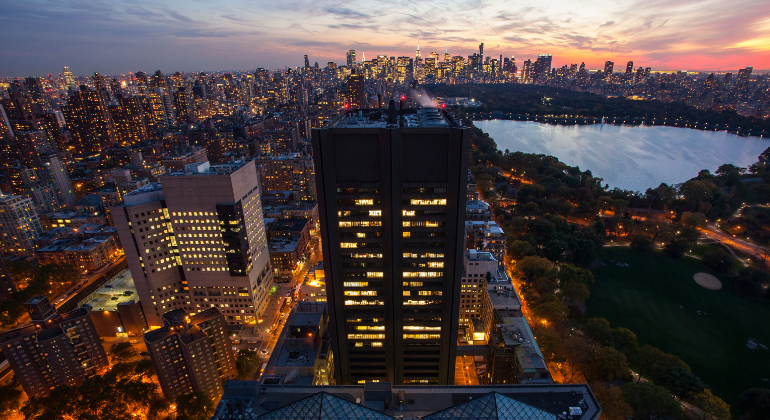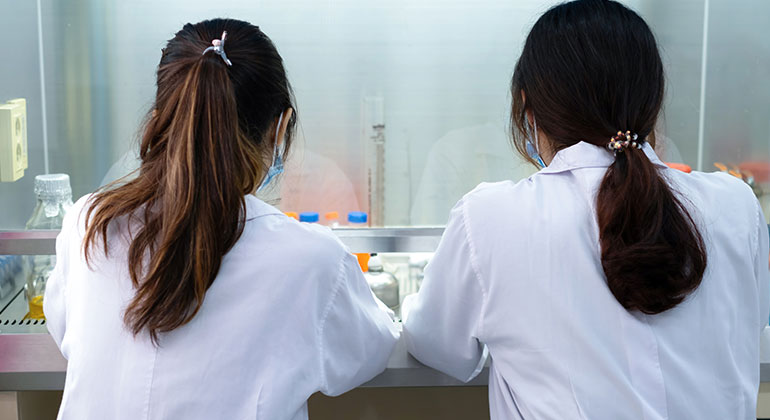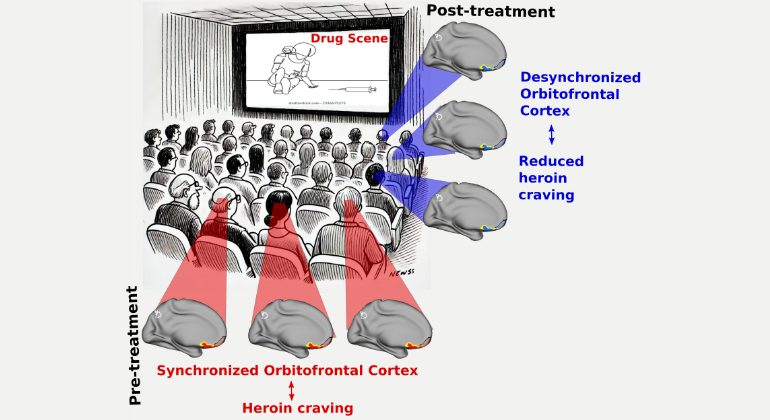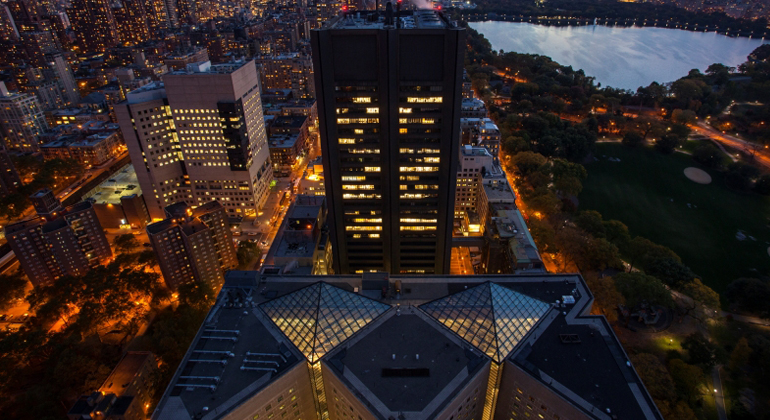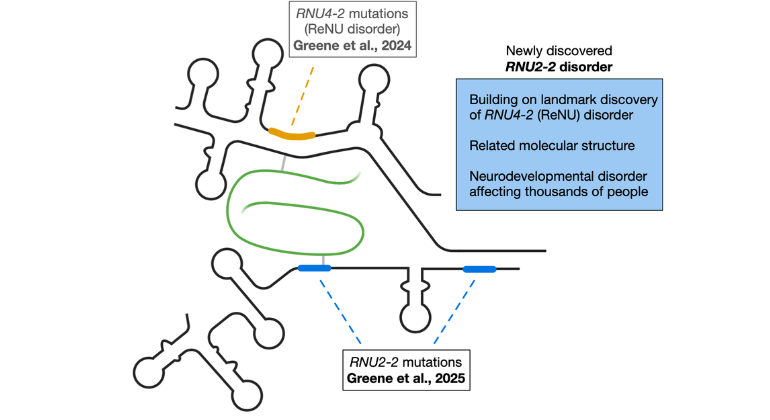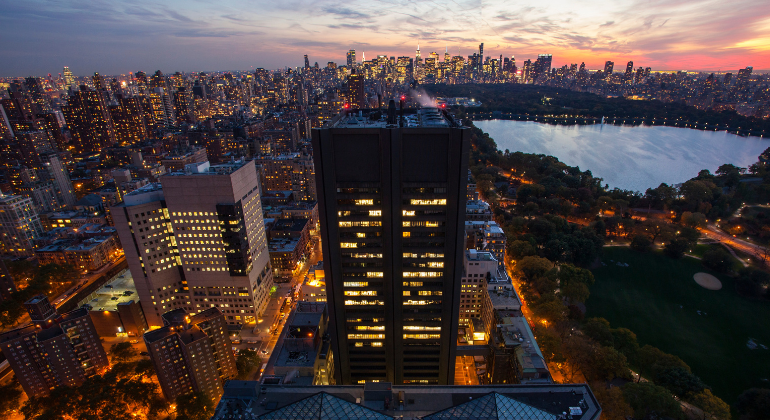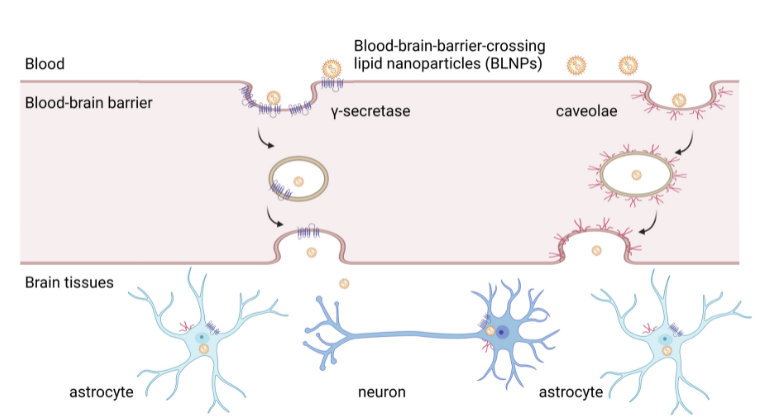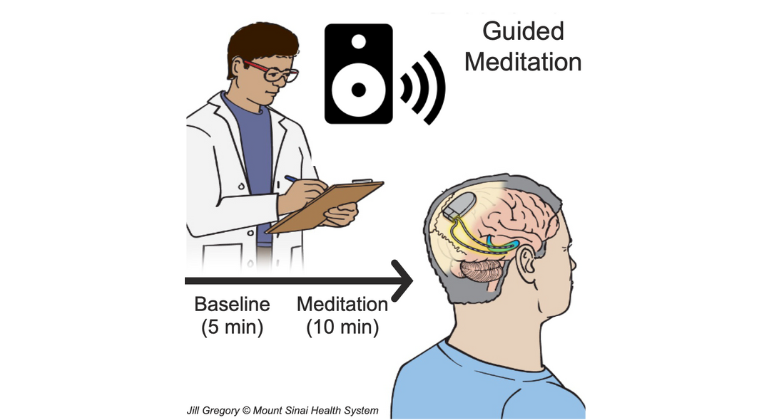Four Mount Sinai Researchers Awarded Prestigious "Young Investigator Grant" for Their Brain and Behavior Research
The National Alliance for Research on Schizophrenia and Depression awarded the $60,000 grants to enable the scientists to continue their work.
Four researchers from Mount Sinai School of Medicine have received Young Investigator Grants, for $60,000 over two years, from the National Alliance for Research on Schizophrenia and Depression (NARSAD). NARSAD announced the recipients on January 6.
• Javier Gonzalez-Maeso, PhD, Assistant Professor of Psychiatry and Neurology, is exploring the role of perinatal insults in the development of schizophrenia. Dr. Gonzalez-Maeso and his group of researchers previously identified a novel serotonin-glutamate receptor complex that may represent a major break-through in resolving the molecular mechanisms responsible for psychosis. Their goal now is to determine the epigenetic mechanisms that control its behavioral function in mouse models of schizophrenia and antipsychotic action.
• Kyle A. B. Lapidus, MD, PhD, Resident, Psychiatry, will expand studies of the mechanisms through which the N-methyl D-aspartate (NMDA) antagonist ketamine acts to relieve treatment-resistant depression. In his study, Dr. Lapidus will test whether biomarkers of oxidative stress are predictive of ketamine efficacy in treating depression. Neuroimaging techniques will allow noninvasive probing of brain function and permit a better understanding of the biology of ketamine as a treatment for depression.
• Mary Kay Lobo, PhD, Postdoctoral Fellow, Neuroscience, is using the new tools of optogenenics – light-activated proteins that cause neuronal excitation or inhibition – to elucidate the effects of deep brain stimulation (DBS) as a treatment for refractory depression. DBS has been used to stimulate the nucleus accumbens brain region in refractory depression. Unlike DBS, which targets all the cells in the nucleus accumbens, optogenetic tools can target distinct neuronal subtypes. Using mouse models of depression, Dr. Lobo and her group of researchers are using optogenetics to probe for changes in behaviors of two neuron subtypes called medium spiny neurons (MSNs).
• Vincent F. Vialou, PhD, Postdoctoral, Fellow, Neuroscience, recently revealed that brain glutamate receptors in the nucleus accumbens (NAc), a region important for controlling motivated behaviors, play an important role in helping individuals cope with stressful situations. He is using optognetic tools to analyze the effects of decreasing activity in this brain region on motivation toward rewards and depression-related behaviors. Additionally, Dr. Vialou will also examine the influence of a specific protein called SPARC-like 1 (SC1) on synaptic plasticity in mice that may yield important information about the long-term benefits of antidepressants.
This year, more than $12.6 million was awarded to 214 researchers who pursue brain and behavior research related to schizophrenia, depression, bipolar disorder, autism, Attention Deficit Hyperactivity Disorder, and anxiety disorders such as Obsessive-Compulsive Disorder and Post Traumatic Stress Disorder. Young Investigator Grants are catalysts for additional funding, providing researchers with “proof of concept” for their work. Since 1987, NARSAD awarded more than $274 million in mental health research grants to 3,319 scientists around the world.
About The Mount Sinai Medical Center
The Mount Sinai Medical Center encompasses both The Mount Sinai Hospital and Mount Sinai School of Medicine. Established in 1968, Mount Sinai School of Medicine is one of few medical schools embedded in a hospital in the United States. It has more than 3,400 faculty in 32 departments and 15 institutes, and ranks among the top 20 medical schools both in National Institute of Health funding and by U.S. News & World Report. The school received the 2009 Spencer Foreman Award for Outstanding Community Service from the Association of American Medical Colleges.
The Mount Sinai Hospital, founded in 1852, is a 1,171-bed tertiary- and quaternary-care teaching facility and one of the nation's oldest, largest and most-respected voluntary hospitals. U.S. News & World Report consistently ranks The Mount Sinai Hospital among the nation's best hospitals based on reputation, patient safety, and other patient-care factors. Nearly 60,000 people were treated at Mount Sinai as inpatients last year, and approximately 530,000 outpatient visits took place.
For more information, visit www.mountsinai.org. Follow us on Twitter @mountsinainyc.
About the Mount Sinai Health System
Mount Sinai Health System is one of the largest academic medical systems in the New York metro area, with 48,000 employees working across seven hospitals, more than 400 outpatient practices, more than 600 research and clinical labs, a school of nursing, and a leading school of medicine and graduate education. Mount Sinai advances health for all people, everywhere, by taking on the most complex health care challenges of our time—discovering and applying new scientific learning and knowledge; developing safer, more effective treatments; educating the next generation of medical leaders and innovators; and supporting local communities by delivering high-quality care to all who need it.
Through the integration of its hospitals, labs, and schools, Mount Sinai offers comprehensive health care solutions from birth through geriatrics, leveraging innovative approaches such as artificial intelligence and informatics while keeping patients’ medical and emotional needs at the center of all treatment. The Health System includes approximately 9,000 primary and specialty care physicians and 10 free-standing joint-venture centers throughout the five boroughs of New York City, Westchester, Long Island, and Florida. Hospitals within the System are consistently ranked by Newsweek’s® “The World’s Best Smart Hospitals, Best in State Hospitals, World Best Hospitals and Best Specialty Hospitals” and by U.S. News & World Report's® “Best Hospitals” and “Best Children’s Hospitals.” The Mount Sinai Hospital is on the U.S. News & World Report® “Best Hospitals” Honor Roll for 2025-2026.
For more information, visit https://www.mountsinai.org or find Mount Sinai on Facebook, Instagram, LinkedIn, X, and YouTube.
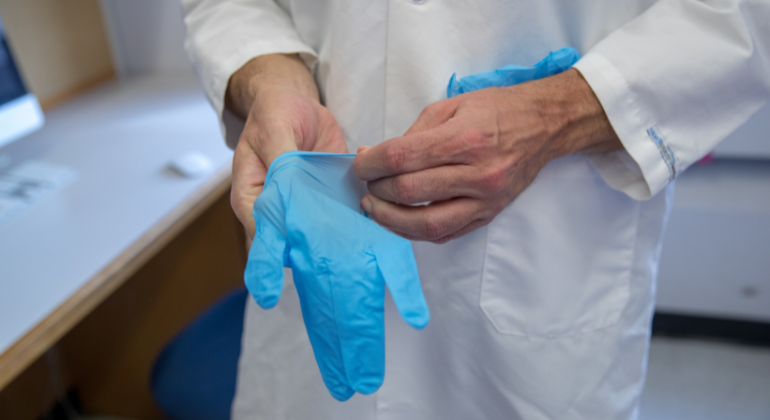
The New England Journal of Medicine Shines Spotlight on Forensic Pathology
Jul 03, 2025 View All Press Releases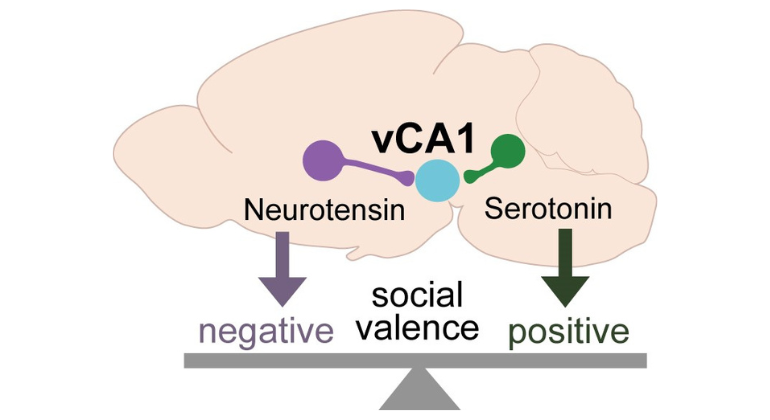
Mechanism by Which the Brain Weighs Positive vs. Negative Social Experience Is Revealed
Apr 30, 2025 View All Press Releases